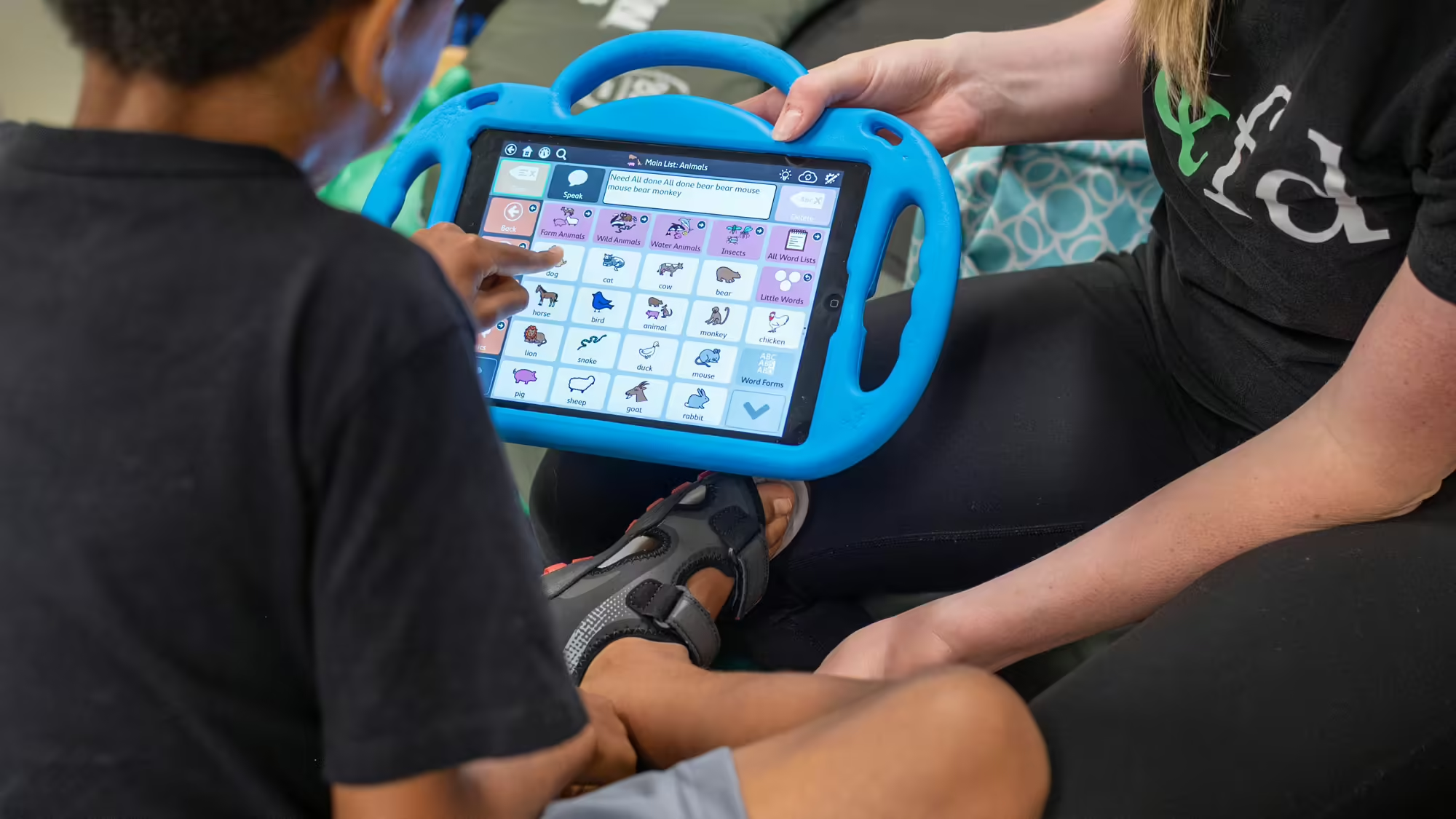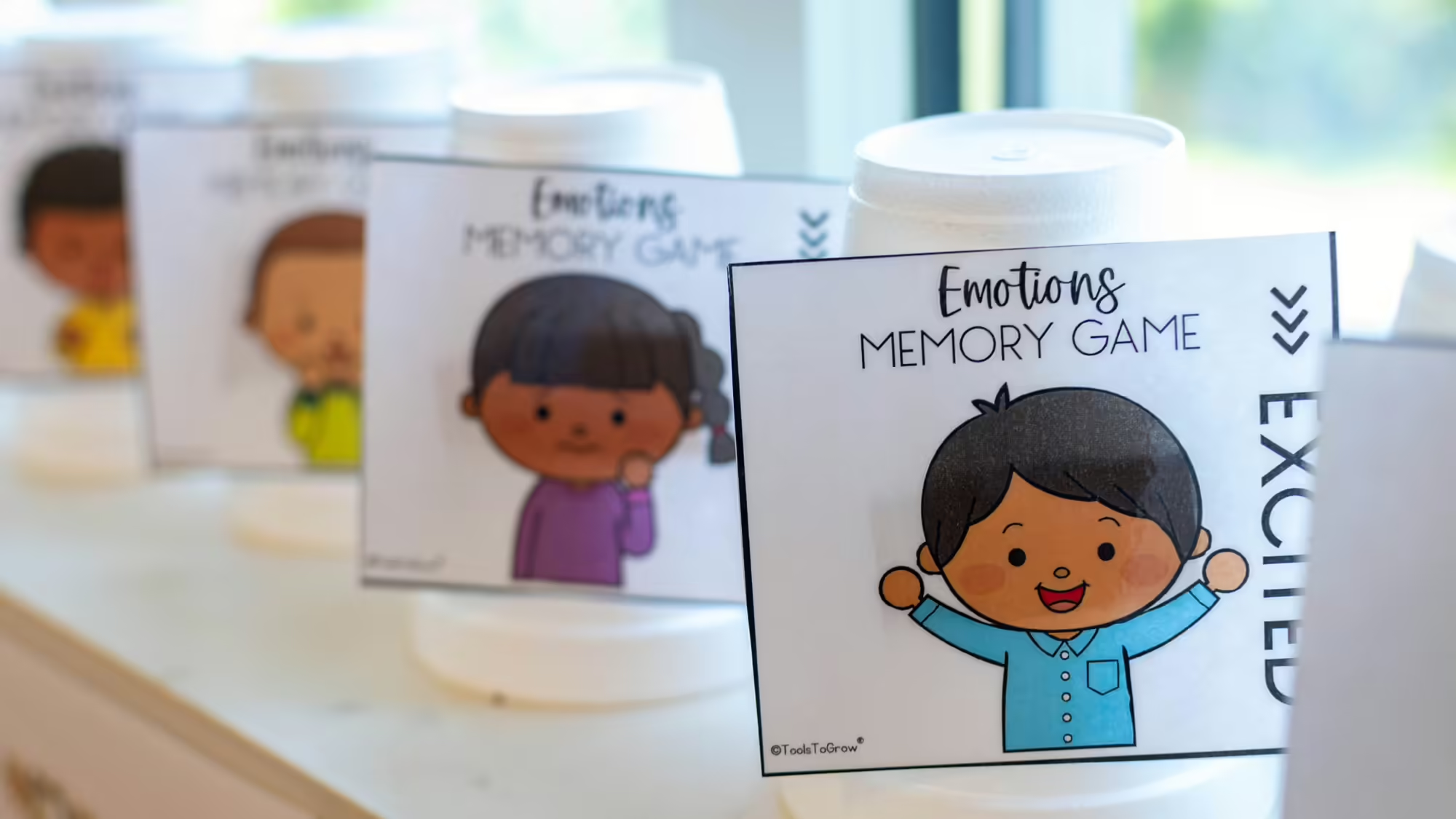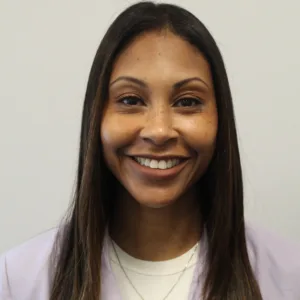Play Therapy
During play therapy a licensed mental health clinician who has received special training in counseling with young children will use specially chosen toys to provide children a safe space to communicate and understand their underlying emotional needs in a way that is meaningful to them.
Psychoeducational Evaluations
During evaluations, we assess the following domains: attention, language, memory, visual processing, reasoning ability, speed, academic achievement (e.g., reading, writing, math), visual-motor functioning (e.g., handwriting), phonological processing abilities, organization skills, and social/emotional functioning.
Counseling
Psychologists and counselors provide ongoing therapy services to preschoolers through young adults to address concerns related to mood, behavior, and social skills. In children and adolescents, playing, drawing, building, and pretending, as well as talking, are important ways of sharing feelings and resolving problems.
Insurance for Psychological Services
· Aetna
· Aetna State Health Plan
· Blue Cross Blue Shield of NC
· Healthgram
· Medcost
· Will file with out-of-network plans





























